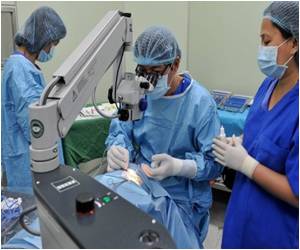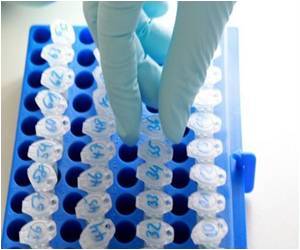E. coli has been used to create 40 new forms of the popular antibiotic erythromycin that have a slightly different structure from existing versions.

Lead researcher Blaine Pfeifer, associate professor at University at Buffalo School of Engineering and Applied Sciences in the US, said, "We are focused on trying to come up with new antibiotics that can overcome antibiotic resistance, and we see this as an important step forward. We have not only created new analogs of erythromycin, but also developed a platform for using E. coli to produce the drug. This opens the door for additional engineering possibilities in the future; it could lead to even more new forms of the drug."
Over the past 11 years, Pfeifer’s research was focused on manipulating E. coli so that the organism produces all of the materials necessary for creating erythromycin. Pfeifer said, "The system we have created is surprisingly flexible, and that is one of the great things about it."
The study has been published in Science Advances.
Source-Medindia















